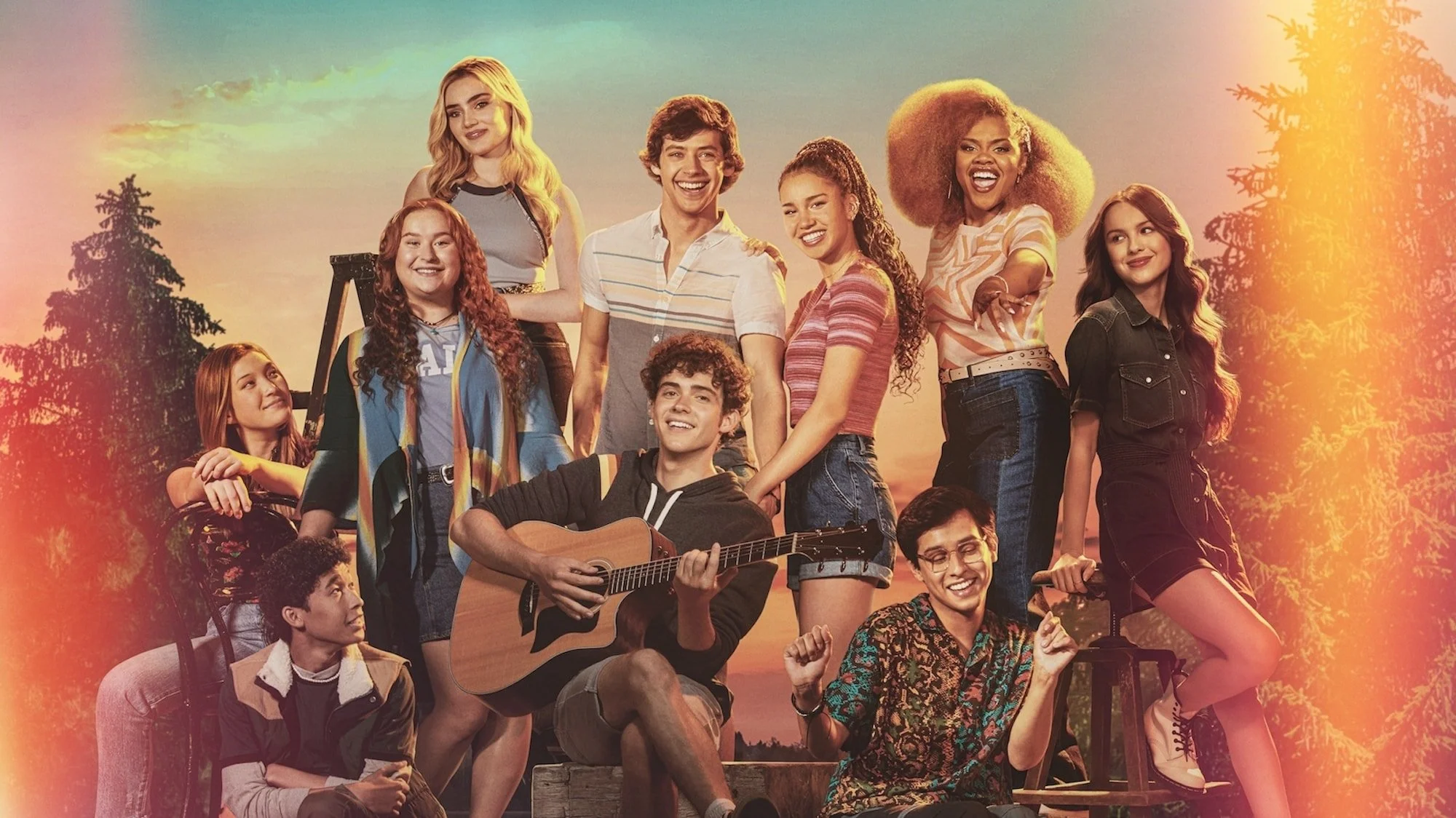Racism and the Environment - Inextricably Linked
The links between poverty, racism, environmental damage, and the increased power of corporations are dangerous and far reaching. Socially constructed hierarchies that rule our society operate by skewed priorities that prevent meaningful policy from being enacted, directly harm Black and Indigenous communities the most. A failure to recognize how environmental issues are in fact extremely social and do not stand alone as "scientific problems" is a failure to truly understand climate change.
Disproportionate Impacts on Marginalized Communities
It should come as no surprise that the same systems perpetuating systemic racism are those enabling the annihilation of resources and lives overseas. The United States' capitalistic priorities come at the expense of the entire planet, and now we proudly lead the march to destroy it all for good. For what? Is profit more important than the wellbeing of those who inhabit this planet? Apparently many believe so. If those involved in the industries contributing to greenhouse gas emissions actually experienced the immediate consequences of climate change, our world would function quite differently. Black and Latinx communities disproportionately bear the burdens of toxic waste, while many predominantly white neighborhoods can decry the proposals with "Not in my backyard!" and have the "eyesore" relocated elsewhere.
Indigenous Land
Not only do projects like pipelines damage the health of the community around them, they also harm and violate Indigenous lands. Violent crimes against Indigenous women are already too often ignored, if not perpetrated by police. Biden's executive order striking down the Keystone XL Pipeline is definitely a victory, but a larger issue remains. National parks, beacons of American beauty, and national treasures are made up of land taken forcibly for our enjoyment. Attitudes rooted in colonialism cause decisions to be made in the interest in profits, no matter the real cost. Fossil fuels take priority over sacred land, and history cannot be a lesson for those who choose to ignore it.
Our government may speak of unity and reconciliation, but I firmly believe that stolen land and exploited livelihoods makes this desire impossible to achieve. I try to remain optimistic that in the face of disaster and tragedy, we will come together and be stronger for it. But in reality, this way of thinking is naive: worsening climate conditions will not bring us together for the sake of cooperation, but rather tear us apart. Pre-existing divides will always worsen in the face of hardship, and inequalities will only deepen when it comes time to adapt.
The Role of Policymakers
What is most alarming is the lack of urgency from policymakers. Promoting electric cars and slapping solar panels onto homes is not the answer to saving humanity. It is almost as if this lack of urgency is tied to a desire to maintain our familiar lifestyles: highly materialistic with an emphasis on consumption to the extreme. I, too, am guilty of complacency when it comes to making overarching lifestyle changes. But without actual large-scale commitments from those who call the shots, individual action can only go so far.
Individualist Attitudes Will Not Save The Planet
The treadmill of production in the United States is driving us into ecological destruction, and it'll take a lot more than empty promises to change course. Besides policy, we have to reevaluate our capitalistic culture. We must critically think about our societal values, and accept that shaping identity through consumerism only ever works for a select few. Those who deny the actuality of climate change may not deny the science of it, but rather do so to ignore the real-world implications that occur from a warming world. Changing our ways of life would in part protect marginalized communities from worsening divides and conditions. For some, the expense of sacrificing a morsel of their wealth seems to be too high of a price. To face climate change head-on requires facing the inequalities that we stand on the shoulders of for our own profit, which is long overdue.
The worst part of it all? The wealthy parts of the world will always find a way to adapt, as cockroaches do. Some think preservation of our current lifestyle and conveniences is a worthy tradeoff for the decimation of the rest of the world; I vehemently disagree. Many are stamped as "disposable" at birth, and this will only continue in a truly despicable and horrendous fashion as the planet's situation worsens. In our society's caste system, everyone fits neatly into their designated shelf, where some lives have always been ranked as important and others not so much. I refuse to mince words when climate change is not being taken seriously in context: the context of militarism, neoliberalism, nationalism, and racism.
The benefit for the vast majority threatens the elite minority, but their interests cannot be worth making the planet uninhabitable for future generations. Turning a blind eye to the expensive cost of our desired lifestyles will not be sustainable for much longer. The only way to fix this, really fix it, is to tackle all of the uncomfortable issues that are too commonly to dance around: poverty, inequality, and privilege. We cannot keep extracting wealth from the planet without fear of consequence; nature is not boundless, even if the national narrative says so.










